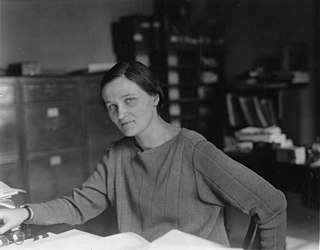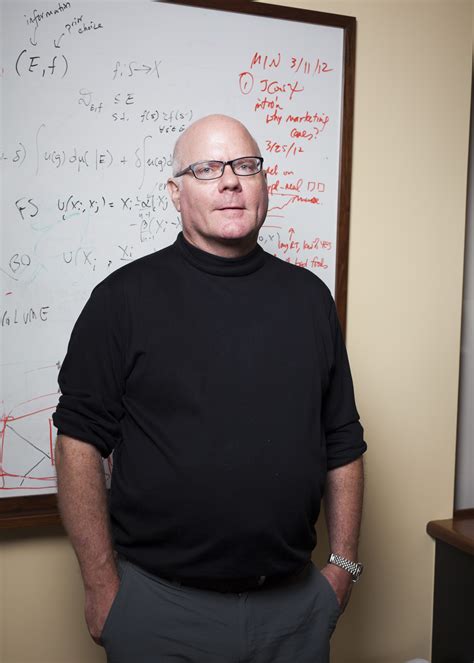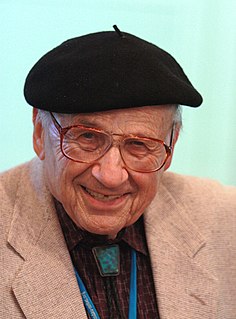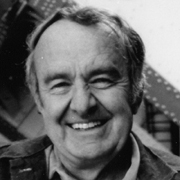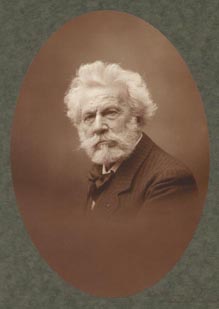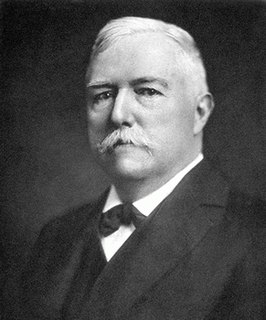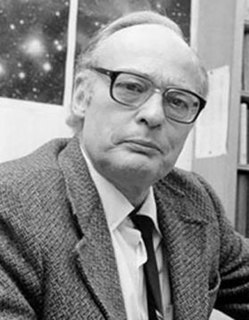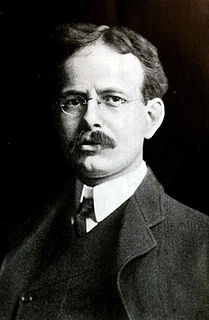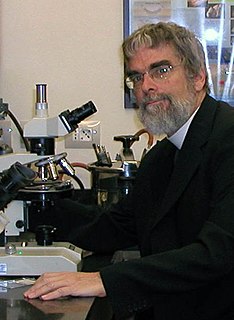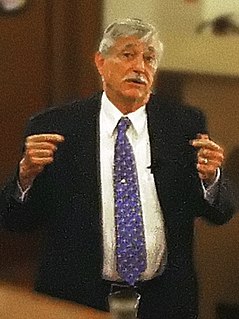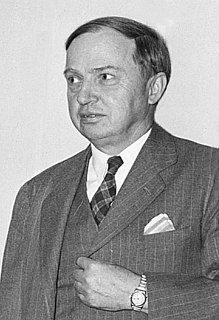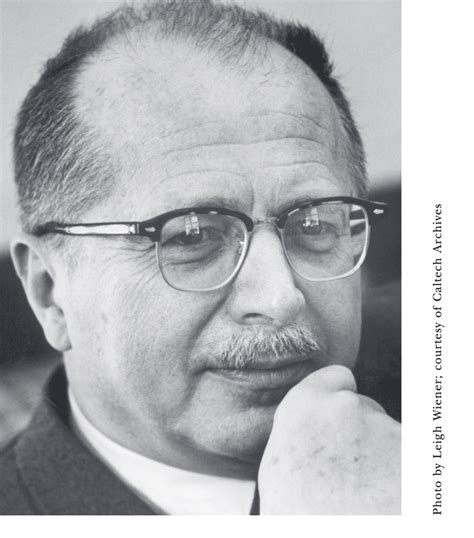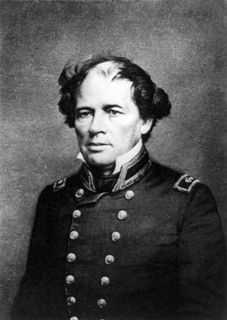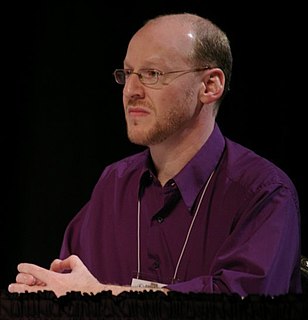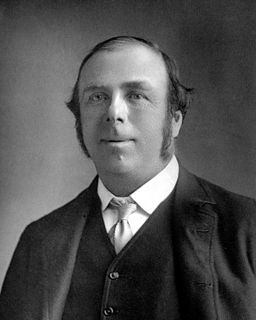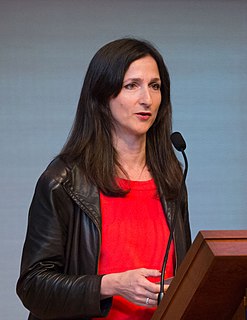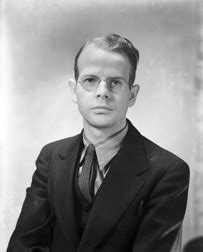A Quote by Cecilia Payne-Gaposchkin
The reward of the young scientist is the emotional th
rill of being the first person in the history of the world to see something or to understand something. Nothing can compare with that experience The reward of the old scientist is the sense of having seen a vague sketch grow into a masterly landscape.
Related Quotes
The scientist is not much given to talking of the riddle of the universe. "Riddle" is not a scientific term. The conception of a riddle is "something which can he solved." And hence the scientist does not use that popular phrase. We don't know the why of anything. On that matter we are no further advanced than was the cavedweller. The scientist is contented if he can contribute something toward the knowledge of what is and how it is.
We see that hyperactivity and reward areas are important when the bubble's rising. People getting caught up in it. We also see areas involving mentalizing, which means thinking about other people: Who's buying? Who's selling? Do they know something? We see emotional areas before the crash that indicate a sense of uncertainty or dread.
People who write for reward by way of recognition or monetary gain don't know what they're doing. They're in the category of those who write; they are not writers. Writing is simply something you must do. It's rather like virtue in that it is its own reward. Writing is selfish and contradictory in its terms. First of all, you're writing for an audience of one, you must please the one person you're writing for. Yourself.
I am very much a scientist, and so I naturally have thought about religion also through the eyes of a scientist. When I do that, I see religion not denominationally, but in a more, let us say, deistic sense. I have been influence in my thinking by the writing of Einstein who has made remarks to the effect that when he contemplated the world he sensed an underlying Force much greater than any human force. I feel very much the same. There is a sense of awe, a sense of reverence, and a sense of great mystery.
If you punish a child for being naughty, and reward him for being good, he will do right merely for the sake of the reward; and when he goes out into the world and finds that goodness is not always rewarded, nor wickedness always punished, he will grow into a man who only thinks about how he may get on in the world, and does right or wrong according as he finds advantage to himself.
We scientists have fantasies of being uniquely qualified to make great discoveries. Alas, reality is cruel: most of us are replaceable. For the vast majority of scientific contributions, if scientist X hadn't achieved it that year, scientist Y would have achieved the same result or something very similar soon thereafter.
